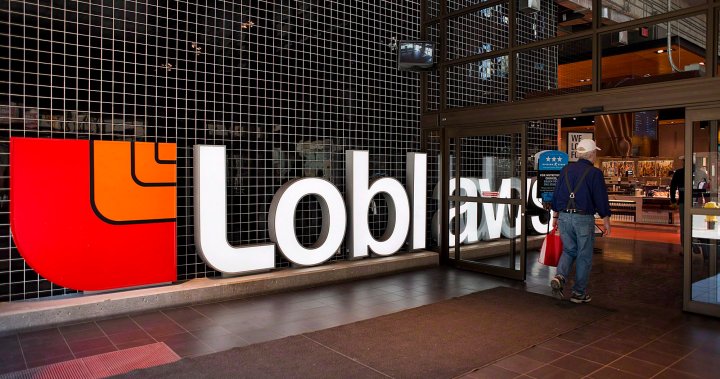The federal government has been working to convince major retailers, such as Loblaw and Walmart, to sign the grocery code of conduct, a set of rules for negotiations between industry players to ensure fairness. Despite initial progress in developing the code, by late October it became apparent that Loblaw and Walmart were hesitant to sign on, potentially jeopardizing the success of the project. In December, both retailers publicly stated that they could not commit to signing the code in its current form, expressing concerns about potential price increases for consumers.
Efforts to launch a grocery code adjudicator office, which would oversee implementation of the code, stalled after Loblaw and Walmart’s statements in December. Plans to hire an adjudicator and secure funding for the office are on hold. Prior to these developments, government officials had been working to involve the retailers in the process. There were meetings and discussions aimed at encouraging Loblaw and Walmart to commit to the code, stressing the importance of their participation for the code’s effectiveness.
The possibility of making the code of conduct mandatory through legislation is being considered as a response to Loblaw and Walmart’s hesitance to sign on voluntarily. The federal government is actively exploring all options, including legislation, to ensure full industry participation in the code. The House of Commons committee has also urged the retailers to sign on, warning that legislation may be recommended if they do not comply. Despite these challenges, there is still hope for finding a solution and finalizing a code that all parties can support.
Discussions are ongoing with Loblaw and Walmart to address concerns and explore potential changes to the code that could improve clarity and provide more guidance. Both retailers have expressed willingness to engage in conversations and work towards a solution. Loblaw has stated that they are actively participating in the industry process and are optimistic about reaching a finalized code. Walmart has also indicated support for fairness and reciprocity initiatives while expressing concerns about potential cost increases for consumers.
Proponents of the code have refuted claims that it could lead to higher prices for consumers, emphasizing the importance of fairness and transparency in negotiations between retailers and suppliers. The industry steering committee has requested government funding to support the implementation of the grocery code adjudicator office, with plans for self-sufficiency once the office’s revenue model is established. Despite the funding request and the need for all major players to sign on, there is optimism that a solution can be reached through ongoing discussions and collaboration.


